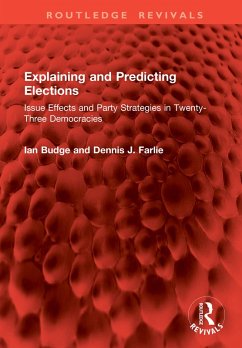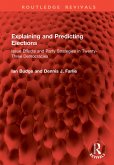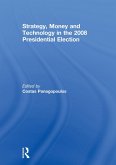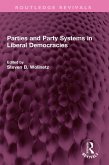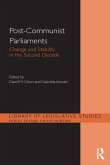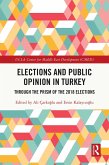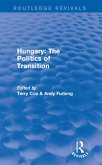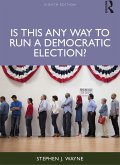First published in 1983,
Explaining and Predicting Elections is the first cross-national and comprehensive explanation of election results. It considers why one election differs from another and attempts to account for party gains and losses in the elections which have taken place in twenty-three democracies in the post-war period. Budge and Farlie base their study on a radically new view of party behaviour-Parties not arguing or debating over the same issues but 'talking past each other'. Their book shows why it is in the parties' interest to do this, how parties might improve their appeal, and how electors react in a broadly 'rational' manner by supporting one party alternative rather than another. The discussion also considers important topics-for example whether electors are abandoning old partisan loyalties and becoming more volatile.
The usefulness of these ideas is measured and checked against new evidence from twenty-three countries. These ideas are then used to produce advance predictions of ten elections in different countries which are then checked against actual results. The reader can use the methods to make his own predictions for elections which interest him. In many ways this makes
Explaining and Predicting Elections the most comprehensive and useful investigation of the election process yet produced. It will interest the general reader, political practitioner, historians, and election and area specialists.
Dieser Download kann aus rechtlichen Gründen nur mit Rechnungsadresse in A, B, BG, CY, CZ, D, DK, EW, E, FIN, F, GR, HR, H, IRL, I, LT, L, LR, M, NL, PL, P, R, S, SLO, SK ausgeliefert werden.

